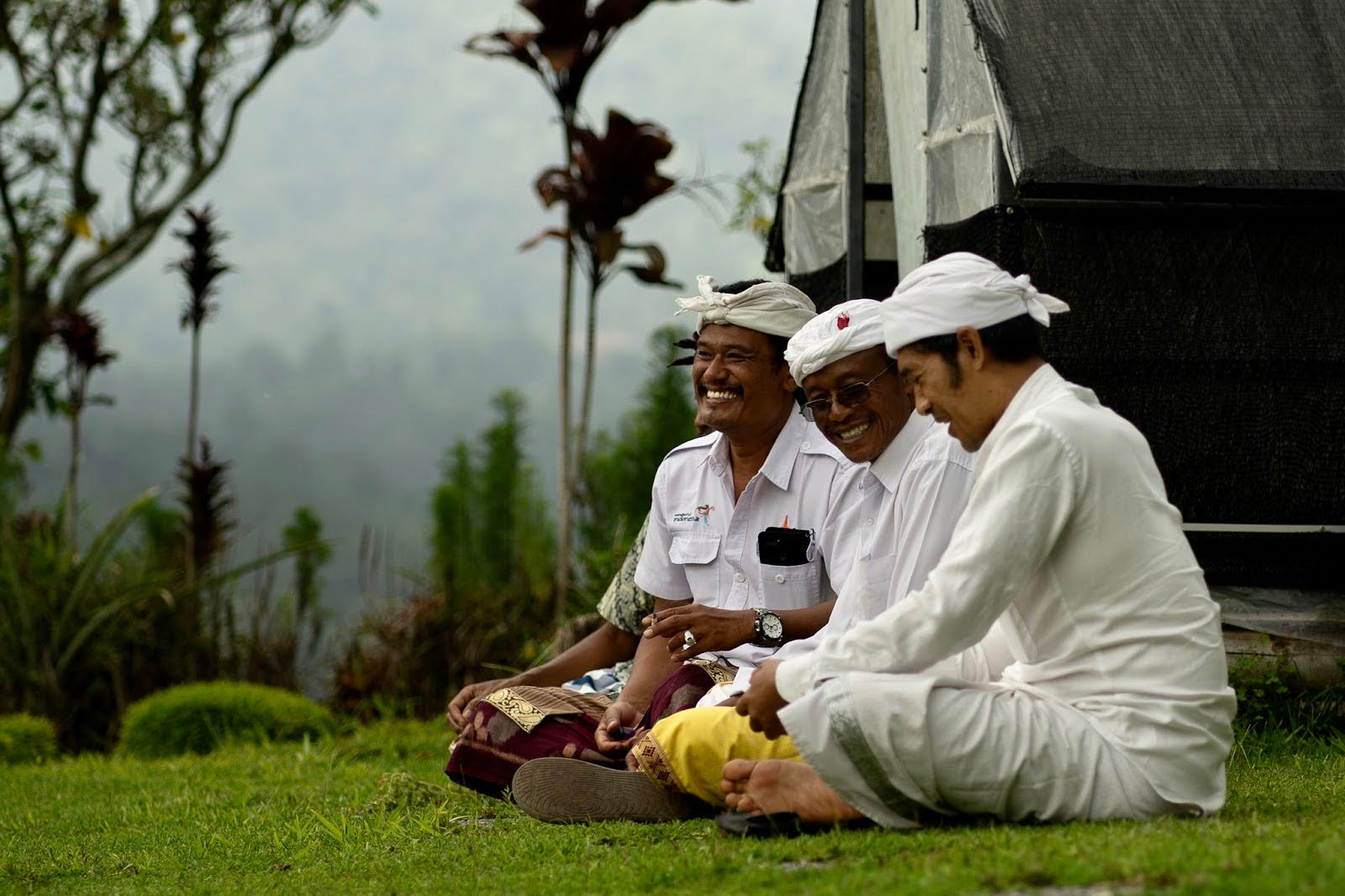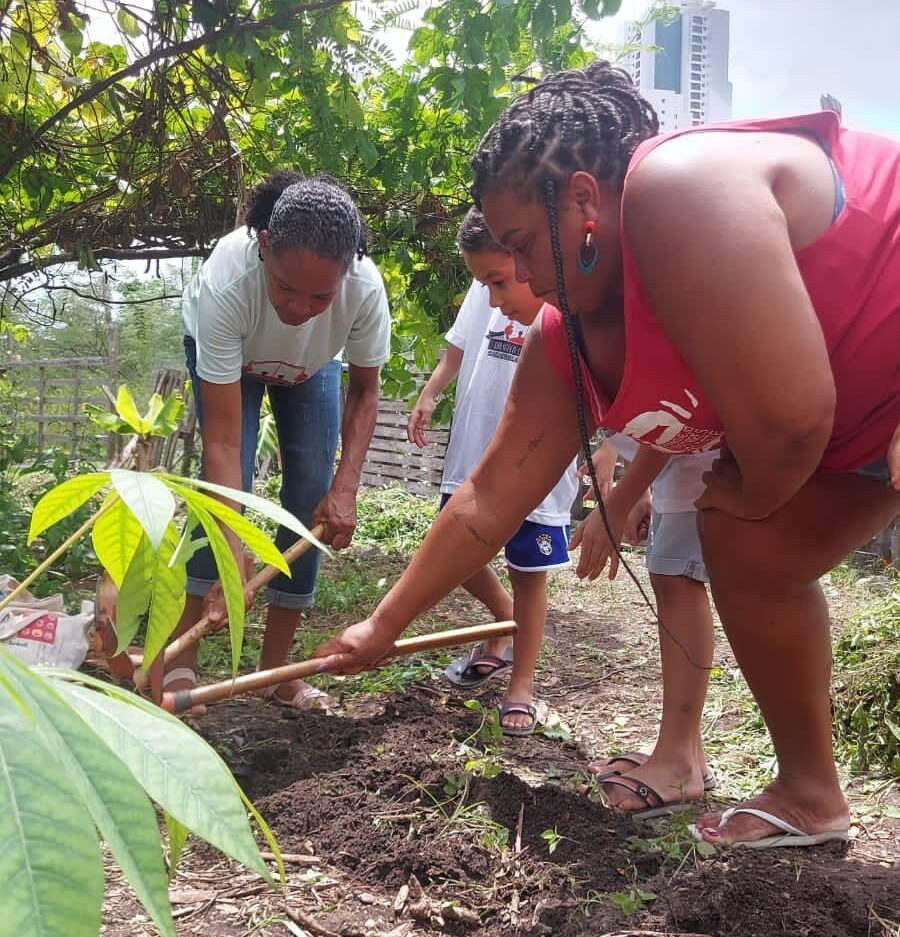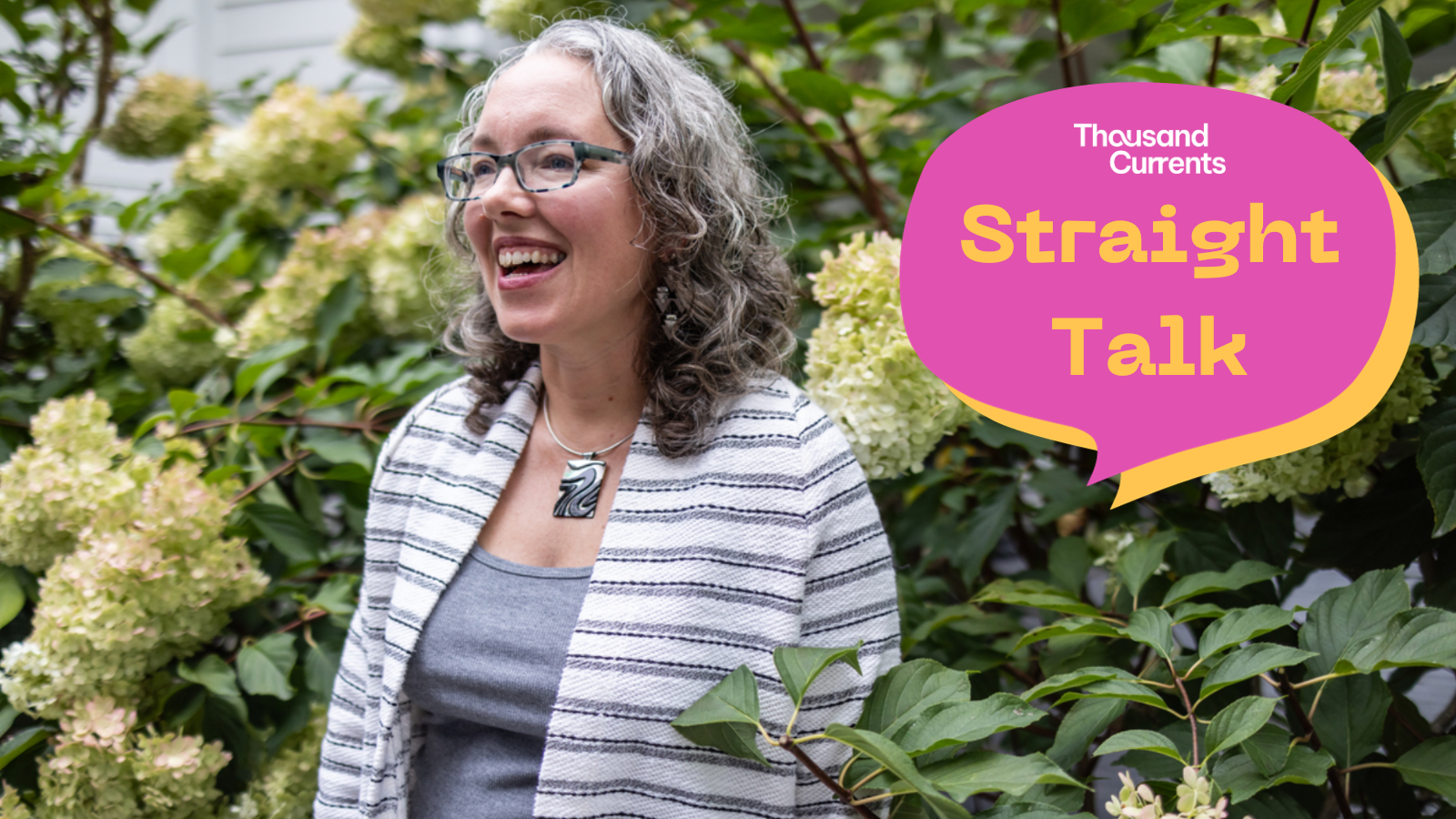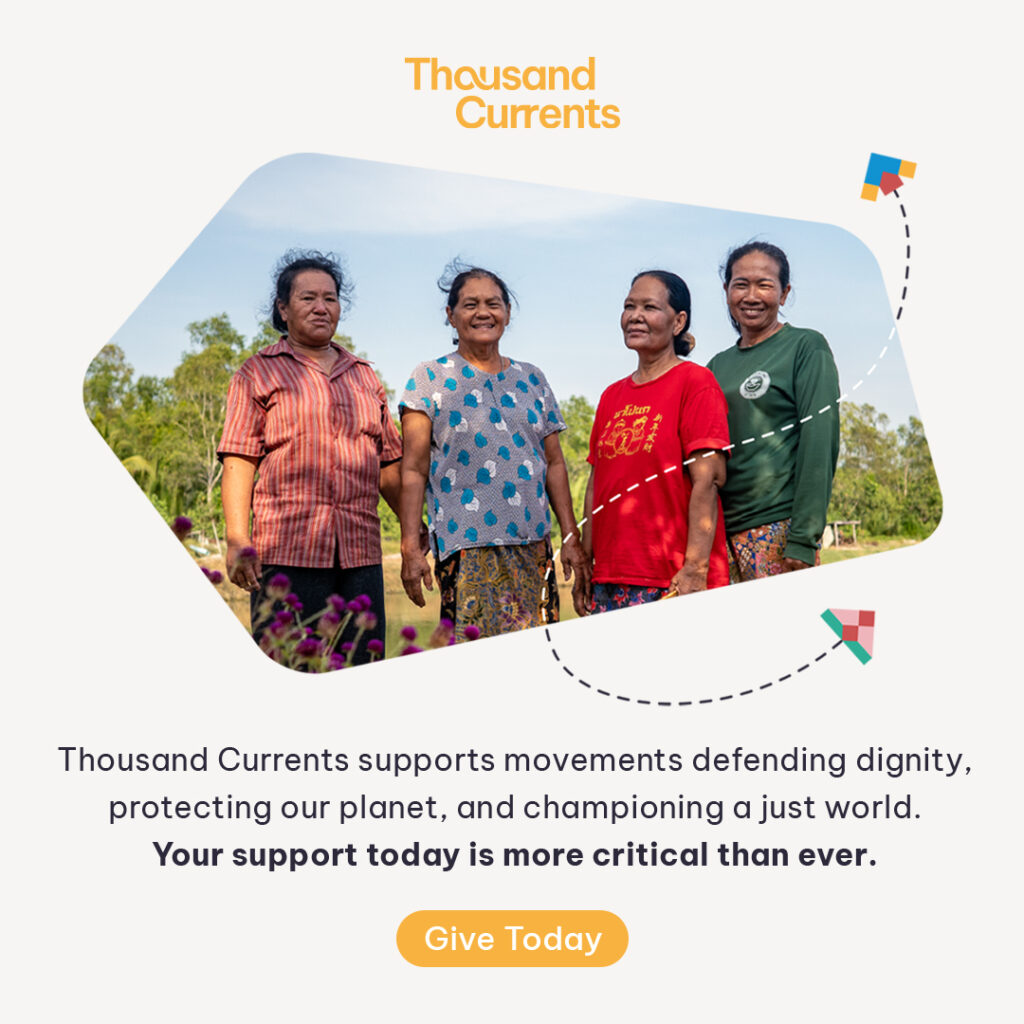Uncovering implications

A guest post by Whitney Caruso, Director of Third Plateau
Over the course of a week spent at the Thousand Currents Academy earlier this year, I learned to constantly pose the question, “How am I implicated in global inequality?”
United States’ role
It started at the global level. We were guided as citizens of the United States towards considering our role as a country: How is the U.S. implicated in global inequality?
We were taught and/or reminded about structural adjustment programs, which enabled developing countries to borrow money from the International Monetary Fund or World Bank (led by the U.S. and other wealthy nations) to essentially pay for their economic development by cutting health and education programs. Today, because of these programs, developing countries are struggling with extremely high debt repayment rates as a percentage of GDP (almost 77% in Zimbabwe). Evidence-based research has even connected structural adjustment programs to higher rates of poverty and income inequality in these countries in comparison to others. This discussion reminded me that, as a country, we are very implicated in, and even potentially responsible for, the cycles of poverty that many of us are fighting to alleviate.
Philanthropy’s role
The focus of our conversations then shifted to the philanthropic sector. As wealthy individuals and foundations increasingly control the direction of the social sector, we were encouraged to think about from where wealth has come and what role individual philanthropists and foundation founders have played in creating some of the problems they are working to solve.
The idea of researching philanthropists’ family history to uncover issues they were part of creating piqued my interest. If donors were both historically and emotionally tied to an issue, the social sector would be less vulnerable to changing hearts and minds. A statement by activist Lilla Watson underscores the potential power of this work:
My role
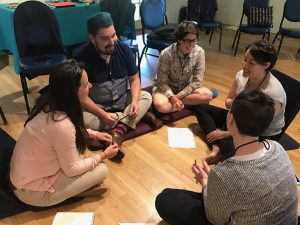 Throughout the week, we arrived at our own personal implications: How am I implicated in the work I am doing? What is my current and historical role in the context of the problems I am trying to solve?
Throughout the week, we arrived at our own personal implications: How am I implicated in the work I am doing? What is my current and historical role in the context of the problems I am trying to solve?
As a white, middle class woman working in the social impact space, I recognize my privilege and power. I have a good, Master’s level education. I have traveled extensively abroad, and my family has been my safety net to take risks and pursue a career I am passionate about in a city I love.
By the end of the week, the Academy participants had become closer to one another and to our own selves than I ever could have imagined. I want to profoundly thank Thousand Currents for creating and including me in this opportunity and journey, and commit to remembering and incorporating what I have learned about the world, the social sector, and myself.
To learn more about the Thousand Currents Academy or to apply, see: thousandcurrents.org/academy/
Related Stories
